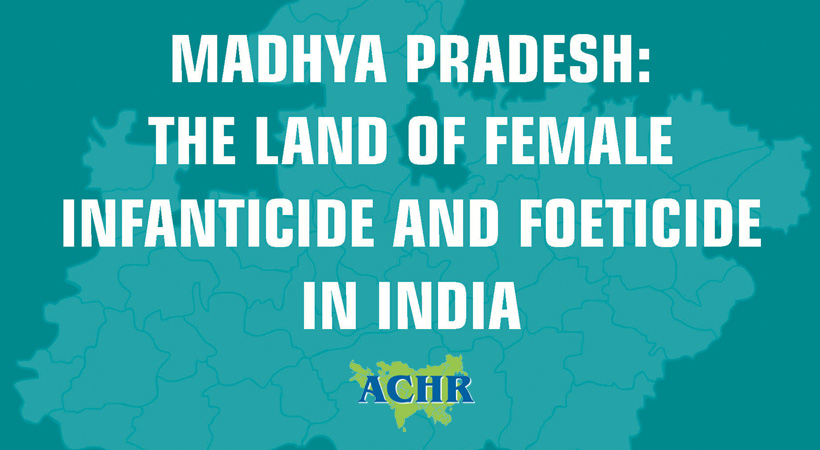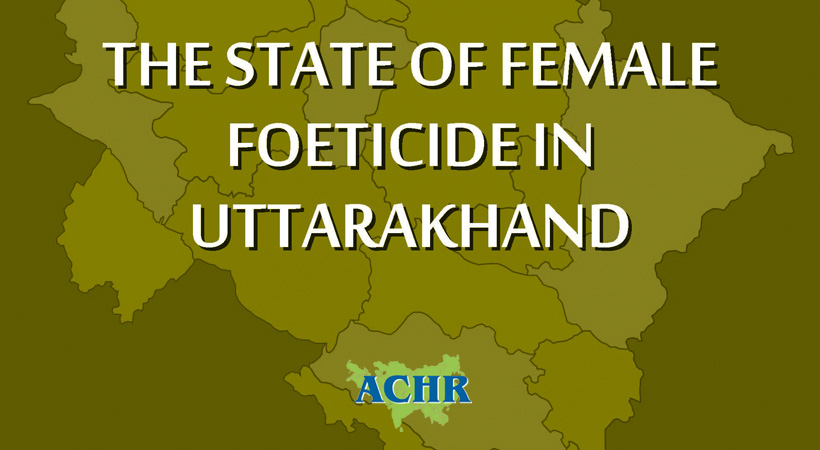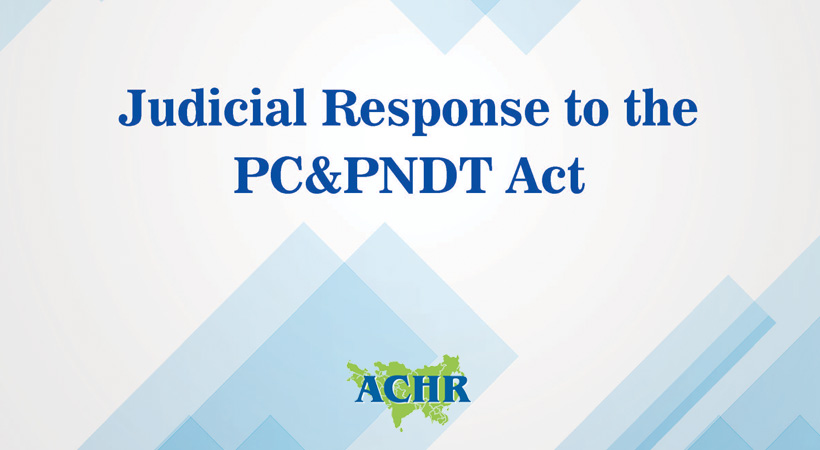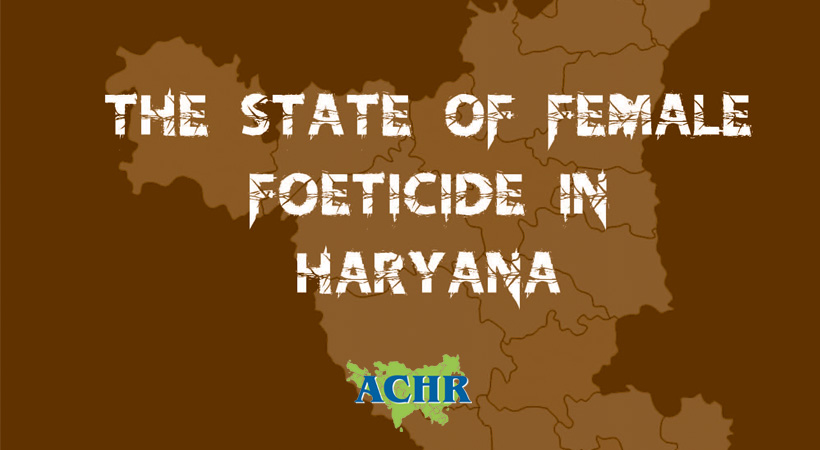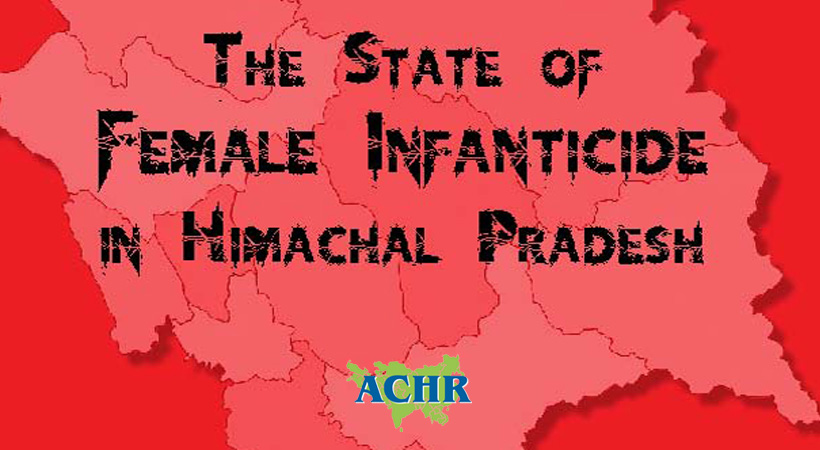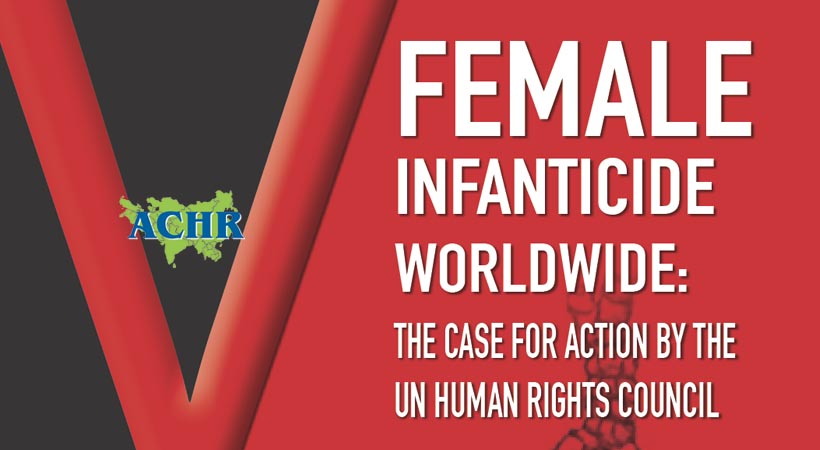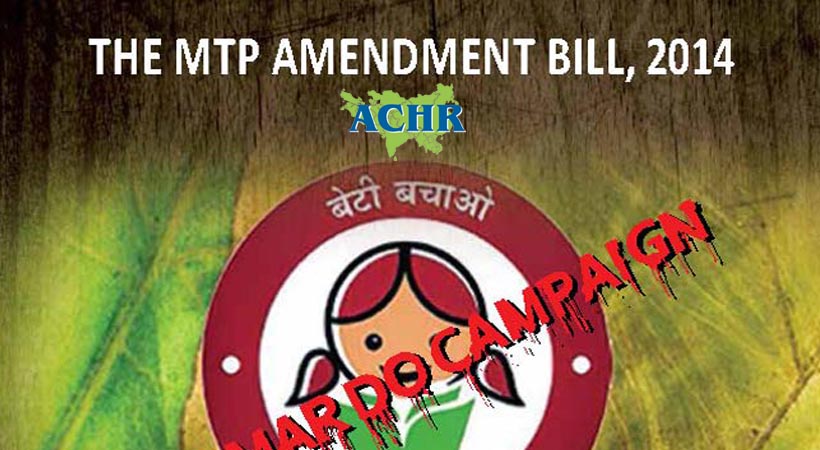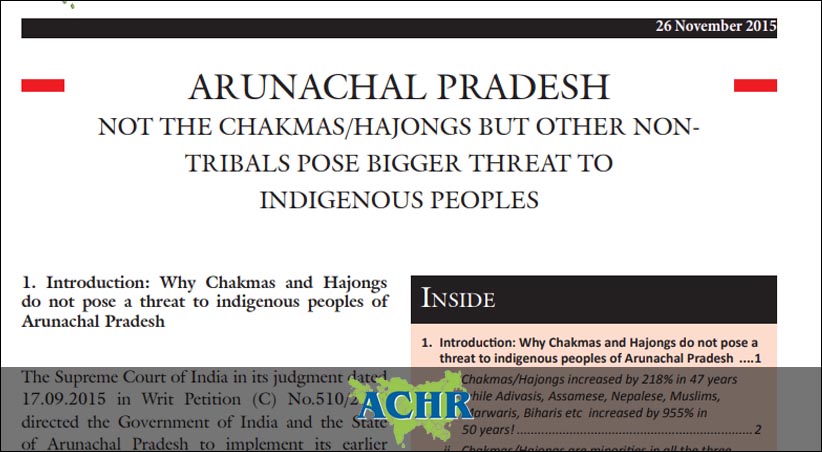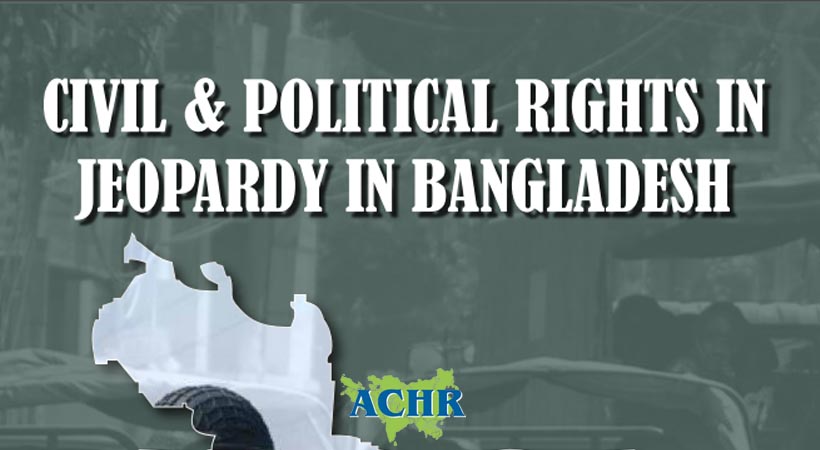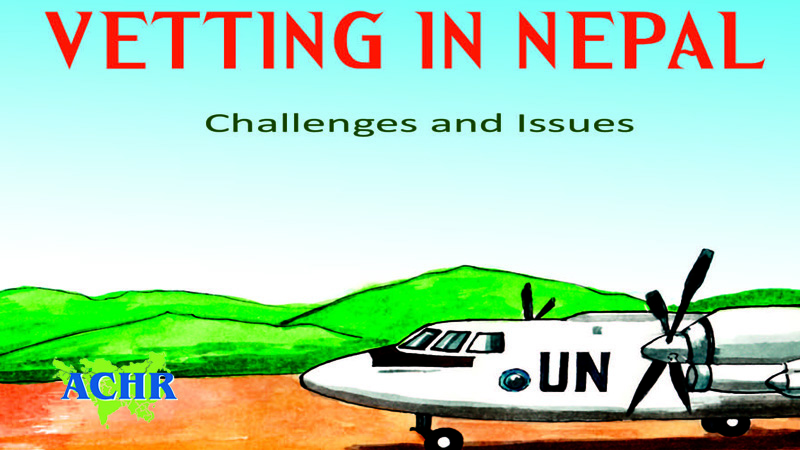India is infamous for female foeticide and female infanticide, the crudest forms of gender based violence. The reasons for the same are well-known: “son preference and the belief that it is only the son who can perform the last rites, that lineage and inheritance runs through the male line, sons will look after parents in […]
Publications
The State of Female Foeticide in Uttarakhand
India has been severely affected by declining child sex ratio (CSR) especially since 1981 as a result of collusion between technology to detect sex of the foetus in early stage of pregnancy and traditional preference for boys. As per the Government of India, some of the reasons for low child sex ratio are son preference […]
Judicial Reponse to the PC&PNDT Act
The Government of India enacted the Pre-conception and Prenatal Diagnostic Techniques (Prohibition of Sex Selection) Act, 1994 (PC&PNDT Act) to address the menace of sex selection leading to female foeticide. After 20 years, as per information placed by the Ministry of Health and Family Welfare before the Lok Sabha on 27.02.2015, 14 States/UTs i.e. Arunachal […]
The State of Female Foeticide in Haryana
Child Sex Ratio (CSR) i.e. the number of girls per 1,000 boys in the age group 0-6 years has reached alarming proportion in India. Haryana has the lowest CSR among the States and Union Territories in India. As per the Government of India, “some of the reasons for neglect of girl child and low child […]
The State of Female Infanticide in Himachal Pradesh
Child Sex Ratio (CSR) has seriously declined from 982 female per 1000 boys (0-6 years) in 1971, the period before the use of the ultrasound machines, to 909 in 2011 in Himachal Pradesh. All the top five districts of the State with lowest CSR i.e. Una (870), Kangra (873), Hamirpur (881), Bilaspur (893) and Solan […]
The MTP Amendment Bill, 2014: India’s Beti Mar Do Campaign
In its pursuit of introducing India’s civilisational values in the field of medicine, the National Democratic Alliance (NDA) led Government of India has proposed further amendments to the Medical Termination of Pregnancy Act of 1971 in October 2014 to allow AYUSH practitioners (excluding Yoga and Naturopathy), homeopaths, nurses and auxiliary nurse midwife (ANM) to conduct […]
Arunachal Pradesh: Not the Chakmas/Hajongs but other non-tribals pose bigger threat to indigenous peoples
New Delhi: Asian Centre for Human Rights in its report, “Arunachal Pradesh: Not the Chakmas/Hajongs but other non-tribals pose bigger threat to indigenous peoples”, today stated that Chakmas and Hajongs of Arunachal Pradesh who had migrated from erstwhile East Pakistan during 1964-1968 do not pose any threat to indigenous peoples of Arunachal Pradesh. The issue of […]
Civil & Political Rights in Jeopardy in Bangladesh
Bangladesh ratified the International Covenant on Civil and Political Rights (ICCPR) on 6th September 2000. In the last fourteen and half years, Bangladesh has not even submitted its Initial Report to the United Nations Human Rights Committee. In this submission to the United Nations Human Rights Committee, which is holding its 113th Session from 16 […]
Vetting in Nepal: Challenges and Issues
Over the last few years, there have been several high profile cases where the United Nations (UN) Department of Peacekeeping Operations (DPKO) has ordered the return of Nepali peacekeepers after it became known that there was prima facie evidence of their involvement in serious human rights violations in Nepal. Two of the most emblematic cases […]

